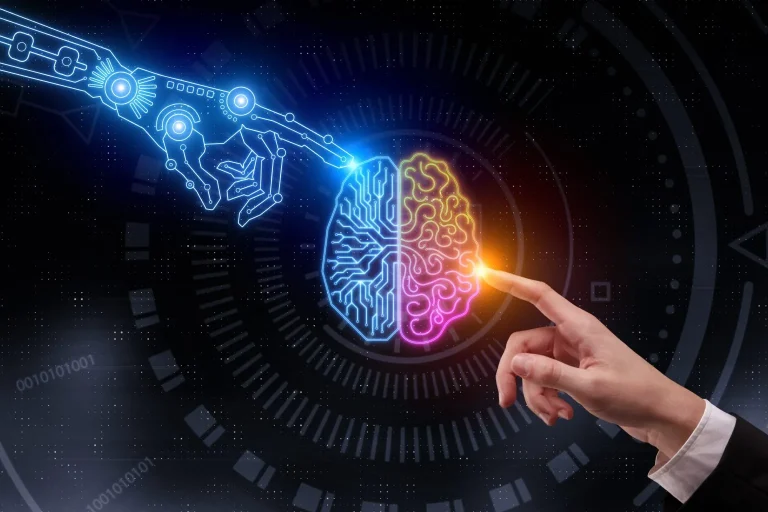
The ethical issues surrounding the use of artificial intelligence (AI) are more important than ever in this quickly changing field where algorithms affect people’s lives and make judgments. AI is having an impact on every aspect of life, from jobs to criminal justice to healthcare and personal privacy. This article discusses the duties we must fulfill as we handle this disruptive technology and dives into the Ethical AI development for societal benefit:
AI’s Promise and Dangers:


AI has great potential to improve urban infrastructure and transform healthcare diagnostics. There are risks associated with this revolutionary power, though. Even when algorithms are effective, they can exacerbate inequality and reinforce misconceptions. For example, privacy and surveillance discussions have been triggered by facial recognition technology, which has brought up important issues related to consent and civil liberties.
Accountability and Transparency:
Transparency is one of the most important ethical requirements in the development of AI. It becomes more and more important to comprehend decision-making processes as AI systems get more independent. Many algorithms are black-box, which presents difficulties in identifying biases or flaws. Building confidence in AI technologies requires the establishment of accountability mechanisms that guarantee openness and provide for remedies in the event that something goes wrong.
Reducing Injustice and Prejudice:

AI bias produces unfair results by reflecting and magnifying societal biases. AI systems need to be thoroughly tested and reviewed for fairness in all areas, including hiring procedures, loan approvals, and sentencing by judges. In order to reduce these risks and guarantee fair results, strategies including bias detection, fairness-aware learning, and diversity dataset curation are essential.
Safeguarding Privacy and Security:
Achieving a balance between innovation and protection is critical. Strong analytic methods, safe data storage practices, and clear consent procedures are vital safeguards in maintaining individual privacy rights in the face of AI advancements. AI’s capacity to analyze large amounts of personal data raises serious concerns about privacy and data security.
Ethical Decision-Making in AI Development:

The entire AI development lifecycle, from design and deployment to monitoring and upgrades, needs to incorporate ethics. Actively identifying and addressing ethical challenges can be facilitated by the involvement of several participants, such as ethicists, policymakers, and representatives from diverse communities. Furthermore, advancing ethical AI advances requires AI practitioners and engineers to cultivate a culture of ethical awareness and accountability.
Education and Public Engagement:
Educating people on the implications of AI is essential to influencing well-informed policy decisions and societal discussions. A more inclusive and morally based AI future can be achieved through programs that support interdisciplinary collaboration, raise awareness of AI, and educate the public about the field.
Also Read: AI in Creative Arts
Conclusion:
Maintaining ideals of accountability, justice, transparency, and privacy will require a concentrated effort as AI continues to change society. We can maximize AI’s promise while avoiding its drawbacks by encouraging interdisciplinary cooperation, giving ethical issues a priority in AI development, and arming people with information. By working together, we can steer toward a time when AI responsibly and ethically serves humankind.






